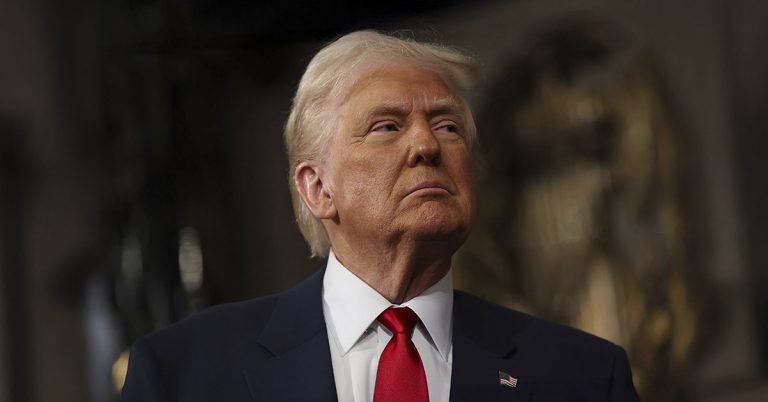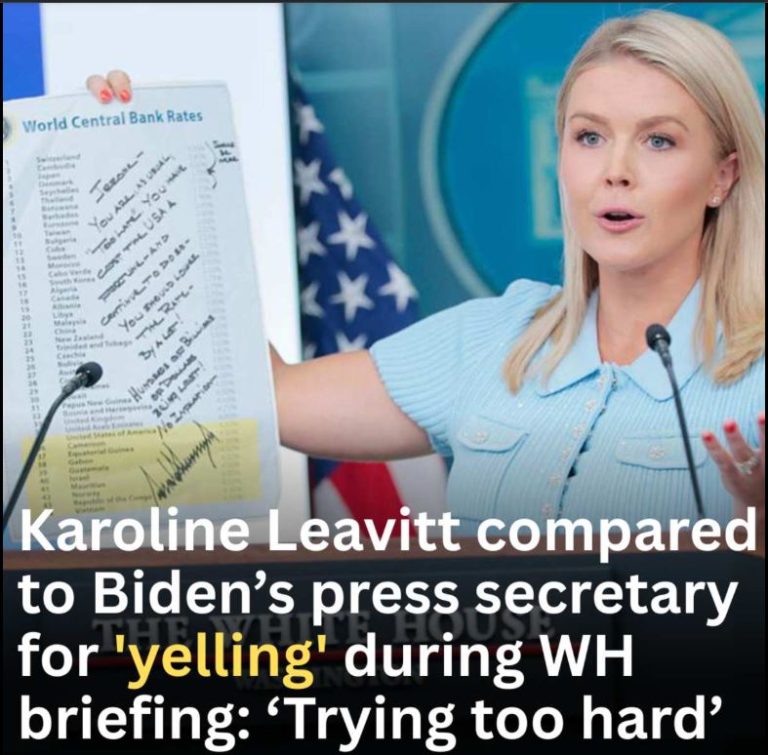
A Dangerous Decree: Ayatollah Shirazi’s Fatwa and its Global Implications
The recent issuance of a fatwa by Iran’s Grand Ayatollah Naser Makarem Shirazi targeting President Donald Trump and Israeli Prime Minister Benjamin Netanyahu has sent shockwaves through the international community. This religious edict, carrying significant weight within the Shia Muslim world, is far more than a simple religious pronouncement; it’s a declaration with potentially devastating global consequences.
The Ayatollah’s Decree: A Call to Action?
Branding Trump and Netanyahu as “Enemies of God”
Ayatollah Shirazi’s fatwa doesn’t merely express disapproval of Trump and Netanyahu; it brands them as “enemies of God,” or “moharebs” – individuals waging war against God. This harsh designation is not without legal ramifications within Iran, where it opens the door to severe punishments, including execution, crucifixion, amputation, or exile. The Ayatollah’s declaration explicitly labels anyone threatening the unity or leadership of the Islamic world (the Ummah) as a “warlord,” further emphasizing the gravity of his condemnation.
A Call to Arms and Divine Reward

The fatwa doesn’t stop at condemnation; it actively encourages Muslims worldwide to act against these designated enemies. It promises divine reward – the status of a “fighter in the way of God” – for any Muslim facing hardship or loss while opposing Trump and Netanyahu. This incentive adds a layer of dangerous potential to the already inflammatory language of the edict. The ayatollah concludes his decree with a prayer for divine protection from these “enemies” and the return of the Mahdi, a central figure in Shiite eschatology.
The Context: The “12-Day War” and its Aftermath
The timing of the fatwa is crucial. It follows a highly volatile twelve-day conflict, dubbed the “12-Day War,” where Israel and the United States launched strikes against Iranian nuclear and military facilities. These strikes, resulting in significant losses for Iran, including the deaths of top commanders and scientists, prompted a retaliatory missile barrage from Tehran against Israeli cities. The escalation intensified when the US joined Israel’s offensive, striking three additional Iranian nuclear facilities, leading to an Iranian counter-attack on a US military base in Qatar. This volatile backdrop significantly amplifies the potential danger posed by the Ayatollah’s fatwa.
International Condemnation and Global Concerns
The Ayatollah’s decree has been met with widespread criticism, with many labeling it as state-sponsored incitement to global terrorism. Commentators like Niyak Ghorbani have voiced serious concerns, highlighting the fatwa as a dangerous escalation of the Islamic Republic’s actions beyond internal repression, posing a threat to global stability. The concern is not solely about the targeting of specific individuals, but the potential for widespread violence and destabilization fueled by this religious decree.
Understanding the Fatwa: Its Authority and Historical Precedent
A fatwa, in its simplest form, is a formal interpretation of Islamic law issued by a high-ranking religious figure like a Marja, the highest authority in the Twelver Shia clerical hierarchy. These edicts hold significant weight, binding not only individual believers but also Islamic governments. The infamous 1989 fatwa issued by Ayatollah Khomeini against Salman Rushdie, resulting in decades of threats and attacks, serves as a stark reminder of the potentially lethal consequences of such pronouncements. The long-lasting impact of the Rushdie fatwa underscores the seriousness and far-reaching implications of Ayatollah Shirazi’s recent decree.
Conclusion: A Call for Vigilance and Measured Response
Ayatollah Shirazi’s fatwa is a deeply concerning development, demanding a serious and measured international response. Its potential for inciting violence and destabilization across the globe cannot be understated. The international community must carefully consider the implications of this edict and work towards de-escalation, while also remaining vigilant against any potential acts of violence inspired by this dangerous pronouncement. The legacy of past fatwas serves as a clear warning about the potential for catastrophic consequences.


